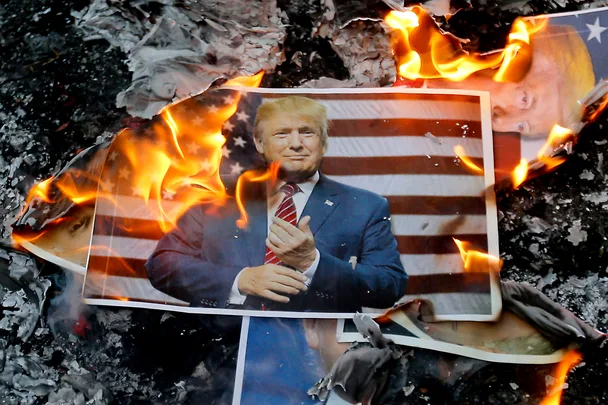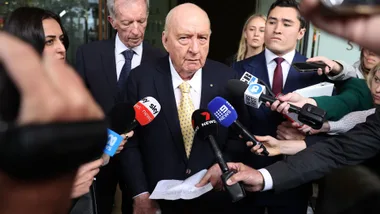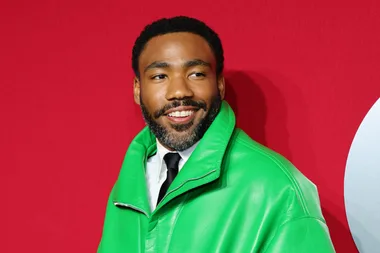In the weeks leading up to November 3rd’s Election Day, the United States faced one of its most contentious presidential races in history—seeing Democratic candidate Joe Biden and Republican candidate Donald Trump go head-to-head, resulting in the highest voter turnout in more than a century, per The Guardian.
For this year’s election, the usual mould of two candidates—whereby the new candidate presents the changes they could bring to the American people and the incumbent explains how they could provide more of the same from the previous four years—didn’t mesh with the world of Trump, who continues to make his own rules by spreading lies and misinformation, all in a year characterised by a global pandemic and civil unrest brought forward by the Black Lives Matter movement.
Reports have already begun to suggest what another four years with Donald Trump as president could mean: thousands, if not millions, more deaths due to COVID-19, civil unrest due to systematic racism, a majority Republican Supreme Court, which could result in the overturning of historic abortion rights legislation Roe vs. Wade, and further climate destruction.
Below, we outline what to expect if Donald Trump is elected into a second term as President of the United States.
COVID-19 Response And The Death Of Millions
When the COVID-19 pandemic first began to spread, Donald Trump refused—and still refuses, despite having contracted the virus himself—to take it seriously, which has resulted in hundreds of thousands of deaths across the country. If elected for a second term, the Trump government’s response to the virus is expected to stay the same—that being, let it run its course without a plan of action. That includes no real regard for enforcing government safety regulations, including wearing a mask in public places.
During a recent rally in Florida, Trump complained about the coverage of the ongoing pandemic, even as COVID-19 case counts reach their highest point in the U.S. and are only continuing to rise. The crowd began chanting, “Fire Fauci!” to which Trump paused, then replied: “Don’t tell anybody, but let me wait ’til a little bit after the election.”
Fauci is the nation’s top infectious-disease expert and the one who has been providing citizens with accurate and up-to-date information on the COVID-19 pandemic.
If Trump is reelected, experts have predicted hundreds of thousands, if not millions, more will die due to COVID-19.
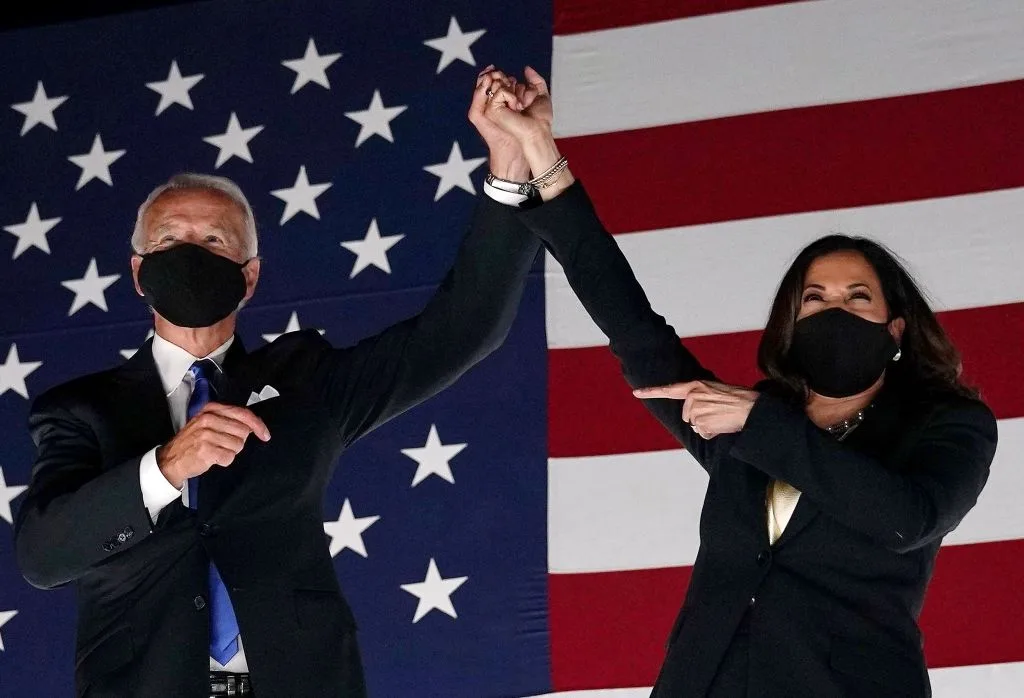
The Continuous Endorsing Of Violence And Racism
In a year that saw the Black Lives Matter movement gain widespread attention across the world, the President has not only repeatedly encouraged violence at protests, but he has also failed to denounce white supremacy on more than one occasion.
Perhaps most notoriously, Trump tweeted military intervention in Minnesota in response to protests after the death of George Floyd at the hands of police, writing: “When the looting starts the shooting stars”, a quote from Walter E. Headley, a documented racist police chief.
Many suggested the President’s comments were not only racist but encouraged his supporters to become violent with protesters. The White House later argued that Trump was not inciting violence, but “clearly condemned it.”
Just this week on the campaign trail, trucks covered in Trump flags attempted to run a Biden-Harris bus off the road in Texas, something the FBI has announced it is now investigating.
“In my opinion, these patriots did nothing wrong,” Trump wrote in response. “Instead, the FBI & Justice should be investigating the terrorists, anarchists, and agitators of ANTIFA, who run around burning down our Democrat-run cities and hurting our people!”
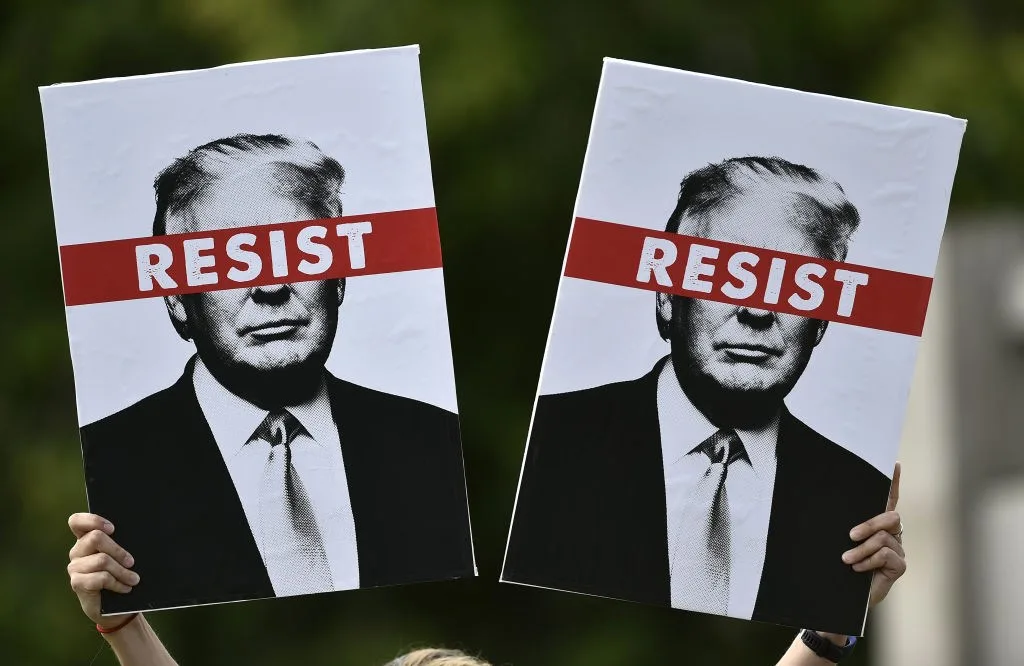
It’s also the President’s continuous inability to condemn white supremacy, which happened during the first presidential debate, that many fear will continue during his second term—creating an environment where this is now considered ‘normal’ or ‘acceptable’.
When asked if he was willing “to condemn white supremacists and militia groups”, Trump instead sidestepped the question, with the strongest denunciation he could provide about “The Proud Boys”—a neo-fascist male-only organisation that promotes and engages in political violence—was to say “stand back and stand by.”
It shouldn’t come as a surprise either, considering on his campaign trail in 2016, Trump refused to condemn the prominent white supremacist and former Ku Klux Klan leader David Duke, who endorsed him. A month earlier than that, the then-presidential candidate retweeted a Twitter account called WhiteGenocideTM, which had previously posted racist material.
Recent FBI research also revealed that under Trump’s presidency, violent hate crimes in the United States reached a 16 year high.
Devastating Effects To Climate, Resulting In Long-Term Impacts Globally
During the final presidential debate, both Biden and Trump were asked how they would combat climate change and support job growth. Trump offered few specifics, merely stating that: “We have the Trillion Trees program. We have so many different programs. I do love the environment.”
If Trump is reelected president, the likely result will be irreversible changes to the climate that will continue for generations.
During its four-year term, the Trump administration announced has radically revised the National Environmental Policy Act, a landmark measure that forced federal infrastructure projects to take into account their impact on the environment. Under their new rules, major infrastructure projects around the country no longer have to consider climate change when assessing their impact.
Trump, during his presidency, has called climate change “mythical”, “nonexistent”, and “an expensive hoax”—while simultaneously describing it as a “serious subject” that is “very important to me.”
